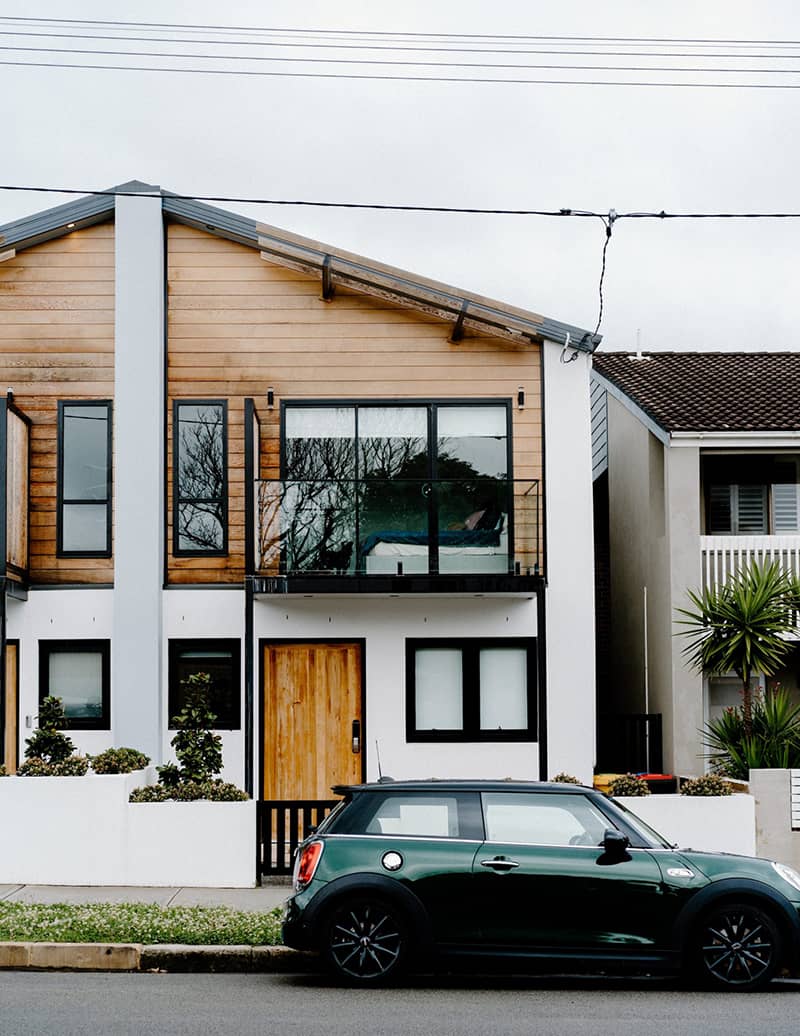Introduction to uPVC Windows
If you’re thinking about upgrading your home’s windows, you’ve probably heard of uPVC. But what exactly is it, and why is everyone raving about it?
What is uPVC?
uPVC stands for unplasticised polyvinyl chloride. It’s a tough, durable plastic that’s widely used in window frames. Unlike regular PVC, uPVC doesn’t contain plasticisers, making it more rigid and weather-resistant.
Benefits of uPVC Windows
- Energy efficiency – Great insulation means lower power bills.
- Low maintenance – No painting, no rotting, no rusting.
- Noise reduction – Peace and quiet, even if you live near a main road.
- Security – Multi-lock systems and solid frames keep intruders out.
- Long lifespan – uPVC windows can last for decades.
Why Choosing the Right Supplier Matters
Buying uPVC windows isn’t just about the product—it’s also about the people behind it.
Quality Assurance
A reputable supplier uses top-grade materials, adheres to safety standards, and ensures precise engineering. Poor quality can lead to warping, fading, or even dangerous installation issues.
Warranty and Support
Good suppliers offer robust warranty coverage, installation support, and follow-ups. Bad suppliers? They ghost you the moment your payment clears.
Key Factors to Consider in a uPVC Supplier
Let’s break down the essentials you should be ticking off your checklist.
Reputation and Reviews
Don’t just trust what’s on their website. Check:
- Google Reviews
- Social media feedback
- ProductReview.com.au (for Aussie suppliers)
Look for trends—are there frequent complaints about delays or poor communication?
Experience and Expertise
Longevity in the business = reliability. Go with suppliers who’ve:
- Been around for 5+ years
- Handled diverse projects
- Specialised in uPVC, not just dabbled in it
Product Range and Customisation
A top supplier should offer:
- Double and triple glazing
- Different frame colours and styles
- Custom sizes for unique builds
Certifications and Standards Compliance
Look for compliance with:
- Australian Standards (AS 2047)
- WERS ratings
- ISO certifications
Compare Prices Without Compromising Quality
You want a good deal—but not at the expense of quality or safety.
Get Multiple Quotes
Shop around. At least three detailed quotes gives you a clearer idea of the market rate.
Understand What’s Included
Does the quote cover:
- Installation?
- Disposal of old windows?
- GST?
- Warranties?
Cheap can turn out expensive if hidden costs pop up later.
Assess the Installation Services
Even the best windows will perform poorly if installed wrong.
In-House vs Outsourced Installers
In-house teams usually have better training and consistency. Outsourced installers may be hit-or-miss. Ask who will actually show up on the day.
Timeline and Process
Get a clear installation timeline. Ask about:
- Prep work
- Disruptions
- Cleanup
- Final inspection
Check After-Sales Support and Warranty
This separates the professionals from the cowboys.
Maintenance Guidance
Do they guide you on:
- Cleaning the tracks?
- Lubricating the locks?
- Spotting signs of wear?
Warranty Terms Explained
Don’t just look at the length of the warranty—understand:
- What’s covered (product vs installation)
- Conditions that void it
- Response times for repairs
Visit Showrooms or Request Samples
You wouldn’t buy a car without seeing it, right? Same goes for windows.
Visit a showroom or request physical samples of frames and glass types. See the build quality, feel the finish, and test the locks.
Ask the Right Questions
Don’t be shy—ask questions. You’re spending serious money.
Can I see your previous work?
Photos, case studies, or client referrals help you verify claims.
What’s your turnaround time?
Delays happen. But constant excuses are a red flag.
Do you offer energy-efficient options?
Look for suppliers that offer low-E glass, thermal breaks, and high WERS ratings.
Common Red Flags to Avoid
Not every supplier deserves your trust.
Unrealistic Pricing
If the price seems too good to be true, it probably is. Dirt-cheap quotes usually cut corners on:
- Frame thickness
- Reinforcements
- Glass quality
Lack of Transparency
Dodgy suppliers avoid giving written contracts, specifications, or clear answers. If you feel like you’re being “sold” rather than helped, walk away.
Look for Local Expertise
Local suppliers know your climate better.
Knowledge of Local Climate Conditions
Whether you’re in tropical QLD, chilly Tassie, or blustery VIC, local suppliers recommend the best insulation and glazing options for your area.
Sustainability and Eco-Friendly Options
Go green while upgrading your home.
Check if the supplier offers:
- Recyclable materials
- Low-E or argon-filled glazing
- Sustainable manufacturing processes
Get Referrals and Recommendations
Word of mouth still rules. Ask:
- Friends and neighbours
- Your builder
- Local Facebook groups or forums
Someone’s past experience could save you future headaches.
Conclusion
Finding the best uPVC windows supplier doesn’t need to be overwhelming. Start by doing your homework, comparing quotes, asking questions, and looking for transparency and experience. A good supplier will make your window upgrade smooth, efficient, and long-lasting. Don’t rush the process—it’s your home, after all.
FAQs
1. What makes uPVC better than aluminium or timber?
uPVC offers better insulation, is low maintenance, and doesn’t warp or corrode like timber or aluminium.
2. How long do uPVC windows typically last?
Most high-quality uPVC windows last 20–30 years, depending on environmental exposure and maintenance.
3. Can I paint uPVC windows?
Technically yes, but it’s not recommended. Most uPVC frames come in a range of colours and finishes.
4. Are uPVC windows safe?
Yes! They’re built with multi-point locking systems and reinforced frames for enhanced security.

